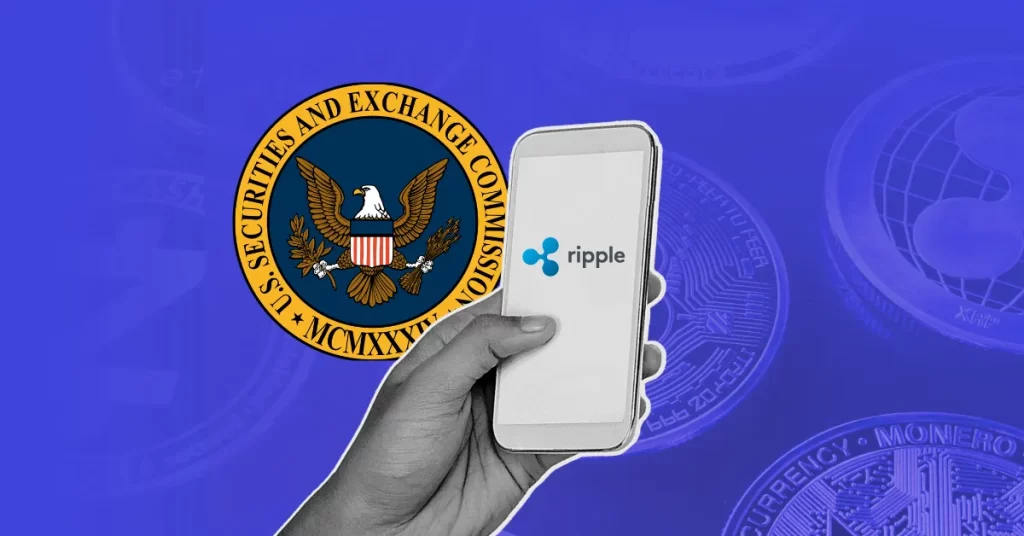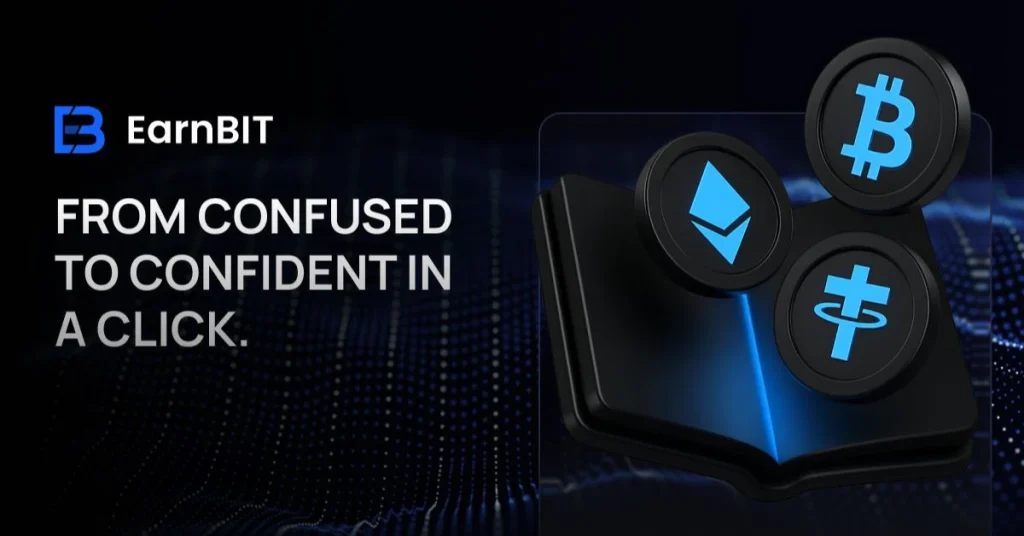
The post Ripple Vs SEC News: SEC’s Calculated Move Backfires, Ripple Triumphs in Torres Decision appeared first on Coinpedia Fintech News
In a recent shock development in the ongoing lawsuit between Ripple and the Securities and Exchange Commission (SEC), Australian lawyer and digital asset enthusiast, Bill Morgan, has come forward to support Judge Torres’ contested decision. He argues that the judge’s choice to analyze and evaluate Ripple’s XRP sales on an individual basis was not only valid but was based on the categories put forth by the SEC themselves.
Dismantling the SEC’s Categories
In a lengthy Twitter thread, Morgan dissected the SEC’s complaints about Judge Torres’ ruling, pointing out that it was the SEC who initially proposed the three distinct categories of XRP sales: institutional sales, private sales, and programmatic sales.
“Ripple engaged in three categories of XRP sales and offers”, Morgan stated, stressing that these categories were not conceived by the judge, but were brought up by the SEC due to their distinct characteristics.
Judge Torres’ Strategy
Morgan further explained that Judge Torres was right to individually analyze each of these categories, using the precedent set by the Marine Bank case, wherein it was held that each transaction must be evaluated based on its context, intent, and overall factual setting.
Taking into account this precedent, Morgan argued that Torres’ approach of individually assessing the transactions in relation to the categories set forth by the SEC was not only fair but also efficient.
Notably, the judge’s analysis revealed significant differences within the categories themselves. For instance, institutional buyers signed contracts with Ripple, while programmatic buyers did not. Additionally, Ripple was unaware of who the buyers were in programmatic sales, and the buyers themselves did not know who they were purchasing from.
Moreover, the judge concluded that the evidence did not establish that Ripple made promises to programmatic buyers, nor did the buyers expect to profit from Ripple’s efforts.
Morgan contends that the judge’s decision to consider the reasonable investor’s viewpoint for each category was inevitable. The reasonable investor, a hypothetical legal construct, considers the landscape of actual facts in each legal case. In this case, the reasonable investor had different expectations given the significant differences between the categories of Ripple’s sales and offers, as formulated by the SEC.
John Deaton Backs Morgan’s Insight
In a show of solidarity, John Deaton, Founder of CryptolawUS, commended Morgan’s argument. Echoing Morgan’s sentiments, Deaton noted that Judge Torres didn’t arbitrarily distinguish between the different sales. Instead, she based her decision on the classifications outlined by the SEC and applied the Howey test, a precedent established to determine whether certain transactions qualify as “investment contracts.” Deaton went further, saying, “I’m willing to bet significant funds she doesn’t get reversed on appeal.”

 2 years ago
134
2 years ago
134














 English (US) ·
English (US) ·